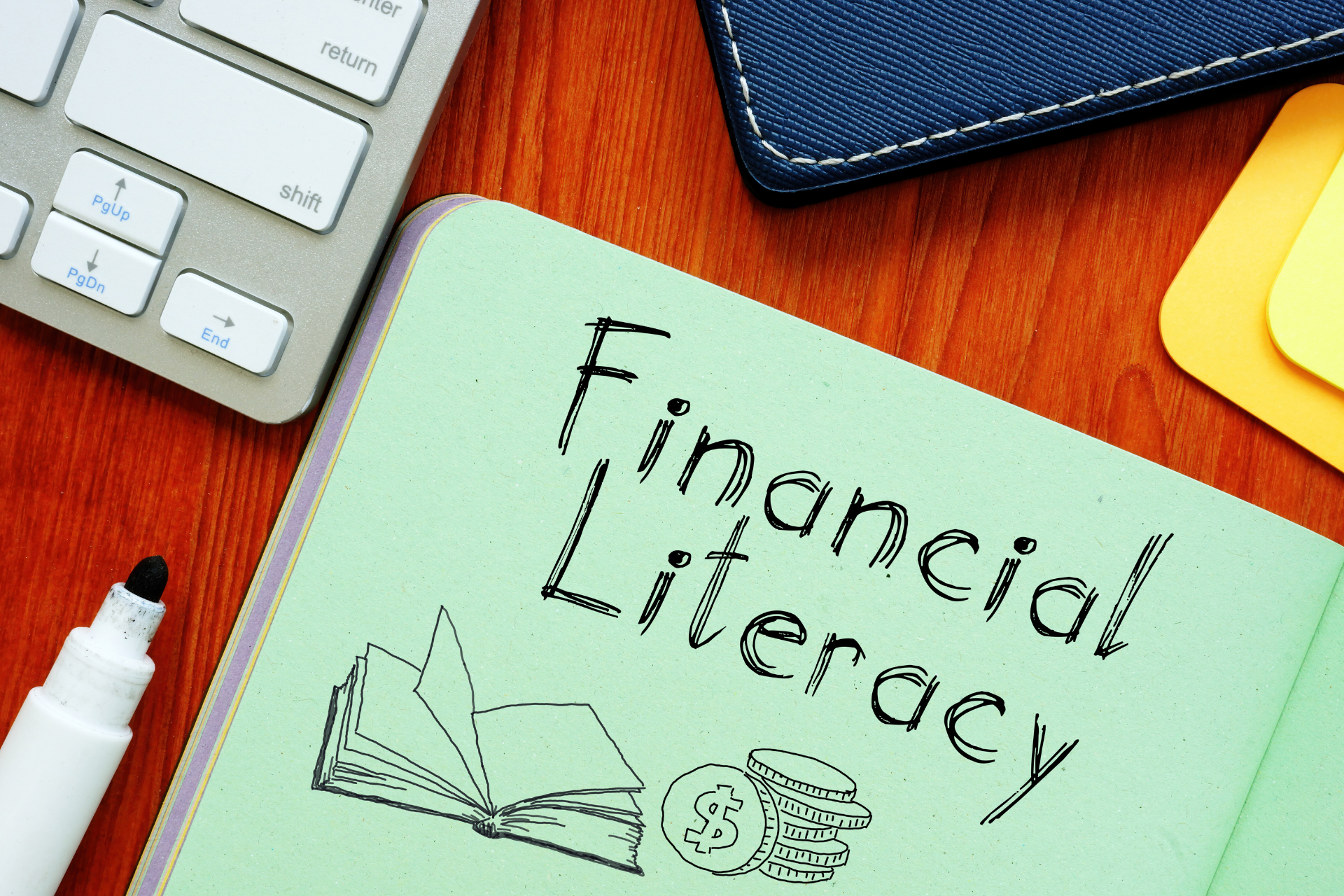suit·a·bil·i·ty: The quality of being right or appropriate for a particular person, purpose, or situation.
The definition of suitability seems quite easy to understand and should be clear when it comes to investment recommendations to clients. However, many times when clients come to our firm the investments they have are not suitable for them. We base this conclusion on a set of objectives to consider. Determining suitability includes an examination of the client’s demographics such as age, income, willingness to take on risk, and aversion to risk. Additional factors include how long until the client liquidates the investment, likelihood of recovery from loss, and current financial health including personal debt, and tax considerations. A suitable investment for a forty-five-year-old will look very different than an investment for someone entering retirement.
Determining Financial Suitability
Only after getting to know our client through these objectives, or ‘facts’ can we start to develop an investment strategy. Suitability is not always clear-cut and is often in flux. What seems like a suitable investment one day can change with the correction of the stock market, suddenly becoming an unsuitable one. For this reason, constant monitoring of investments coupled with performance and the ever-evolving circumstances of the client make suitability critical to an overall investment strategy. We ask a lot of questions during our meetings for this reason.
The client has a crucial role in their suitability as investor knowledge and understanding come into play inside their portfolio. However, this doesn’t that mean that if an investor understands the investment and all associated risks, is it a suitable one. Unsuitable investments can ruin a portfolio and can be a source of on-going stress for the investor. Our recommendations consider suitability, but for those investors that execute an investment on their initiatives outside our advice, there is not much the securities regulators, or we can do. Advice and suitability must come first, asset allocation second, and the execution of the investment last as a continuous process.
Suitability is part of fiduciary standards. We operate our business in this manner and are legally bound to recommend only suitable investments to our clients.




